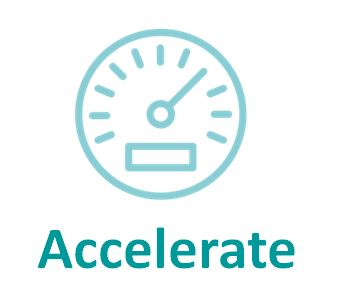Accelerators

Accelerator discussion frames have been developed to present the central role of accelerators in driving progress towards the health-related SDGs, opportunities and bottlenecks to closer coordination, roles of and implications for relevant organizations and initial frameworks for joint action. The accelerators are moving into the stage of multi-stakeholder engagement toward identifying collectively-shaped, country-relevant, concrete actions at global, regional and country level. Information on any external consultations the accelerators host and the reports from previous consultations will be made available on this page.
Disclaimer: The accelerator discussion frames are preliminary documents and have been prepared to stimulate multi-stakeholder engagement and discussion toward identifying collectively-shaped, country-relevant, concrete actions at global, regional and country level. They are unedited, unofficial documents and should not be interpreted as final. The publication does not constitute official endorsement by the agencies signatory to the Global Action Plan for Healthy Lives and Well-being for All.
Latest news and highlights
Elevating national research for health priorities to achieve effective scale-up: Recommendations: SDG Global Action Plan Accelerator 5: R&D, Innovation, & Access – July 2019
Read the document: Accelerator 5. R&D, innovation and access discussion paper - 20 December 2018
Draft recommendations for consultation: optimising global research for health system
